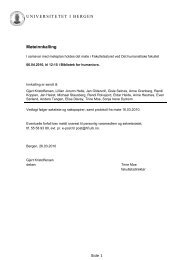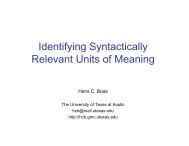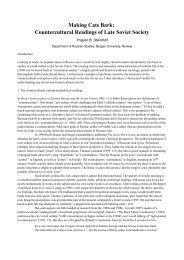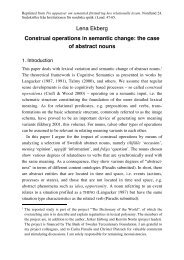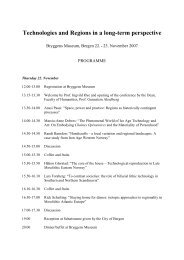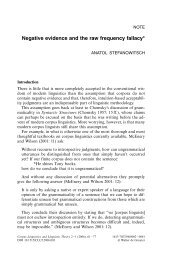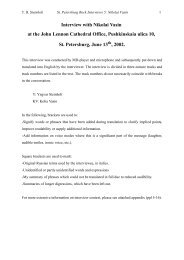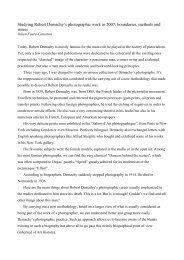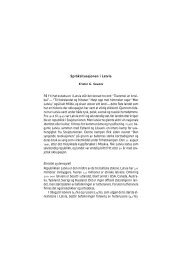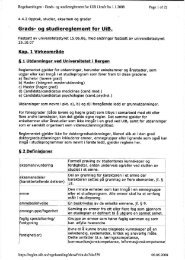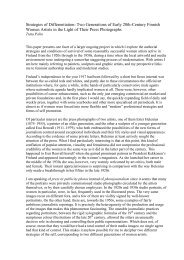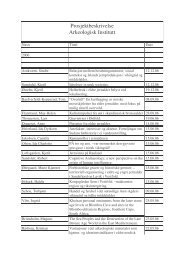THE BOOK OF POEMS IN TWENTIETH-CENTURY ... - TopReferat
THE BOOK OF POEMS IN TWENTIETH-CENTURY ... - TopReferat
THE BOOK OF POEMS IN TWENTIETH-CENTURY ... - TopReferat
You also want an ePaper? Increase the reach of your titles
YUMPU automatically turns print PDFs into web optimized ePapers that Google loves.
Gippius's deliberate struggle toward simplicity (сознательная воля к<br />
«простоте»), however, can never achieve Teresa's innocent and pure faith. Instead, like<br />
the hyper-conscious Tolstoy, Gippius twists back and forth in her poetry between faith<br />
and despair—throughout her career, but particularly in the carefully conceived and<br />
constructed Сияния. The tragedy for Gippius, however, is that she, unlike Tolstoy,<br />
remains undeceived. She recognizes the true ideal in Teresa, asks for her help and<br />
presence throughout the book, but ultimately retreats, as will become evident in the<br />
discussion of the final poem in the book, "Домой."<br />
Gippius concludes her article in За свободу! with a description of Teresa's<br />
crowning achievement—the discovery of her own spiritual path:<br />
Никаких видимых героических подвигов у Терезы нет. Нет у нее и никаких<br />
ослепительных экстазов. Но у нее есть свой духовный путь. «Это моя<br />
маленькая тропинка к Богу», говорит она, «маленькая потому, что я сама<br />
маленькая; верная, прямая тропинка, и такая простая, что всем по силам,<br />
каждому, если он даже мал и слаб, как я"… 120<br />
Long before ever hearing of Teresa, Gippius had pursued her own spiritual path, striving<br />
to form a new church, the true Christian church, with her husband and Dmitrii Filosofov.<br />
Here, many years later, and after the Cause had been formally abandoned, she has found<br />
a spiritual exemplar who can serve as an inspiration for her own spiritual quest. While<br />
Merezhkovsky will use Teresa's example to support further the case for the Third<br />
Church, 121 Gippius will take a more personal approach, describing the extreme highs and<br />
120 Gippius, "Liubimaia," 3.<br />
121 In his biographical novel Маленькая Тереза, Merezhkovsky promotes Teresa as a continuer of Luther's<br />
reforms and a direct heir to Teresa of Avila and John of the Cross. She furthers their work by<br />
subconsciously acknowledging and embracing the Third Church: Маленькая Тереза, сама того не<br />
сознавая, и перешла из старой Церкви Римской в новую, Вселенскую. Первая точка этого перехода<br />
и есть свидание с Папой. Здесь же начинается и путь ее к тому великому делу всей жизни ее и<br />
святости, в котором силою тишайшей, не только миру, но и ей самой неслышимой, невидимой,<br />
изменит она круговращение земли так, что взойдет над нею новое солнце—Третье Царство Трех.<br />
Dmitrii Merezhkovsii, Malen'kaia Tereza (Ann Arbor: Ermitazh, 1984), 125.<br />
97



